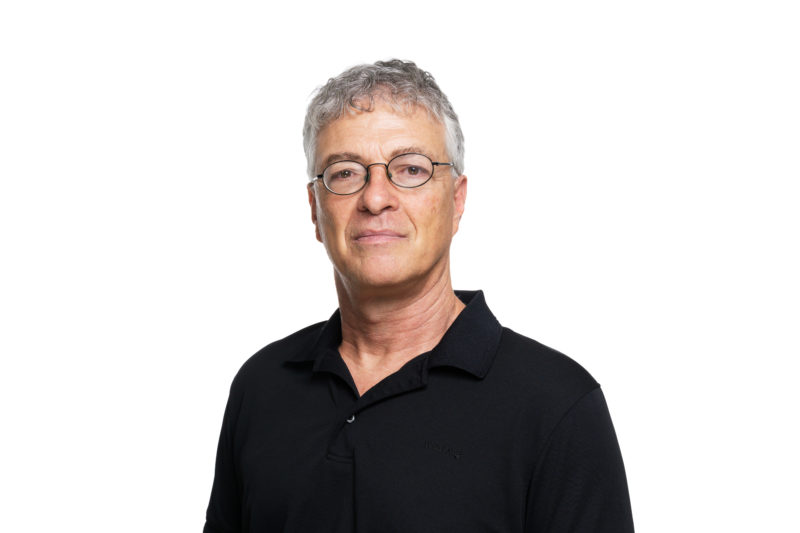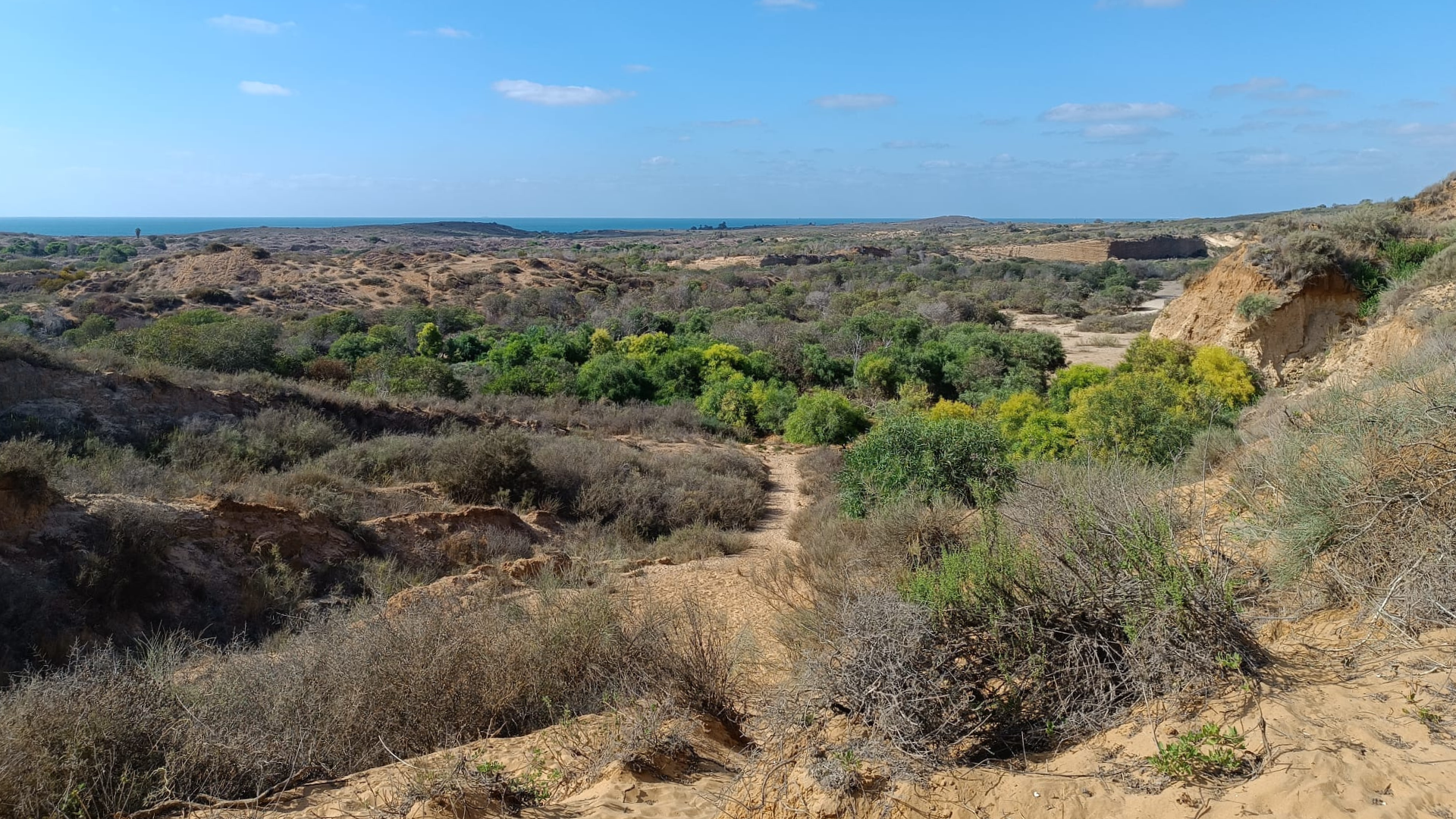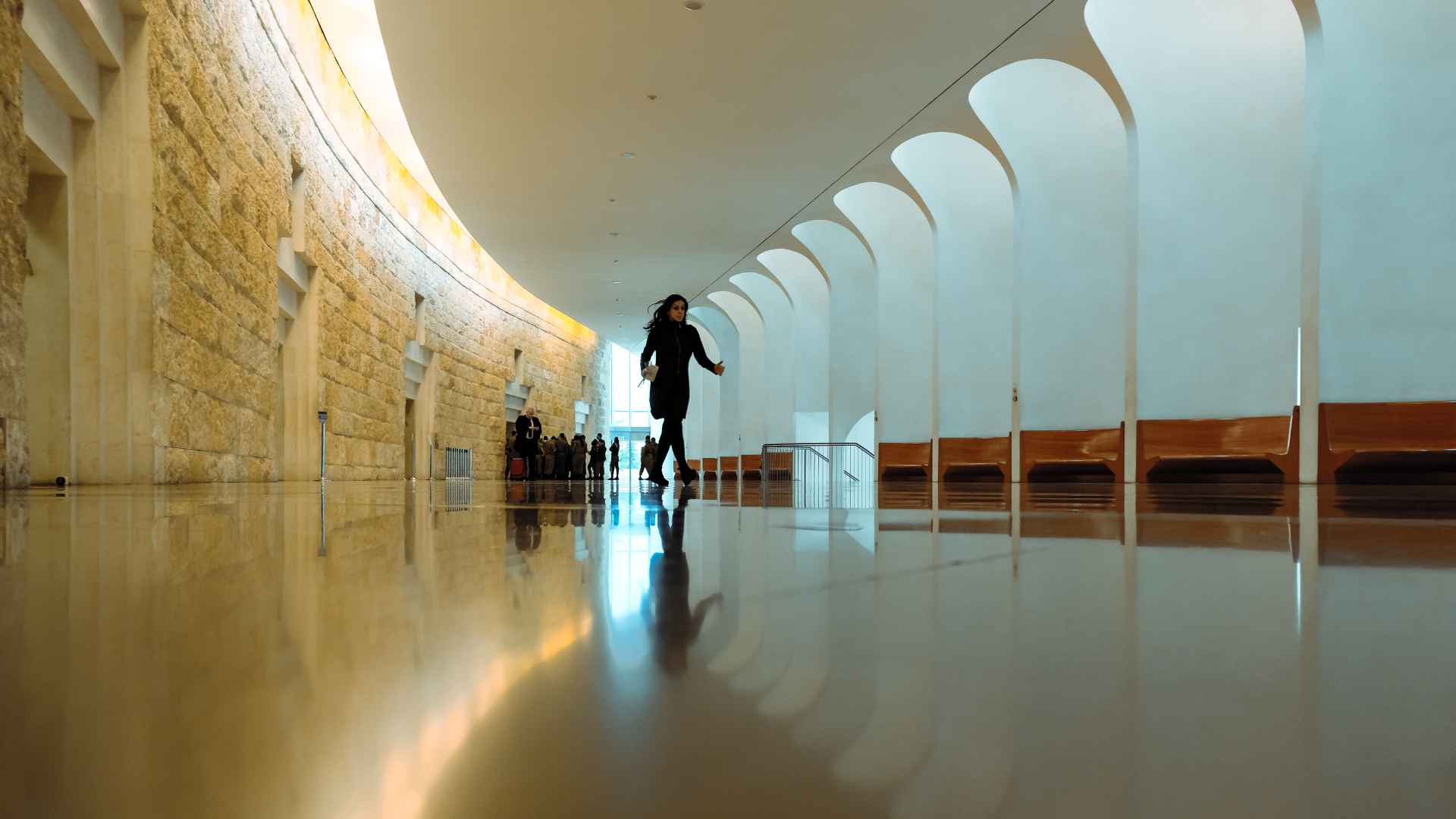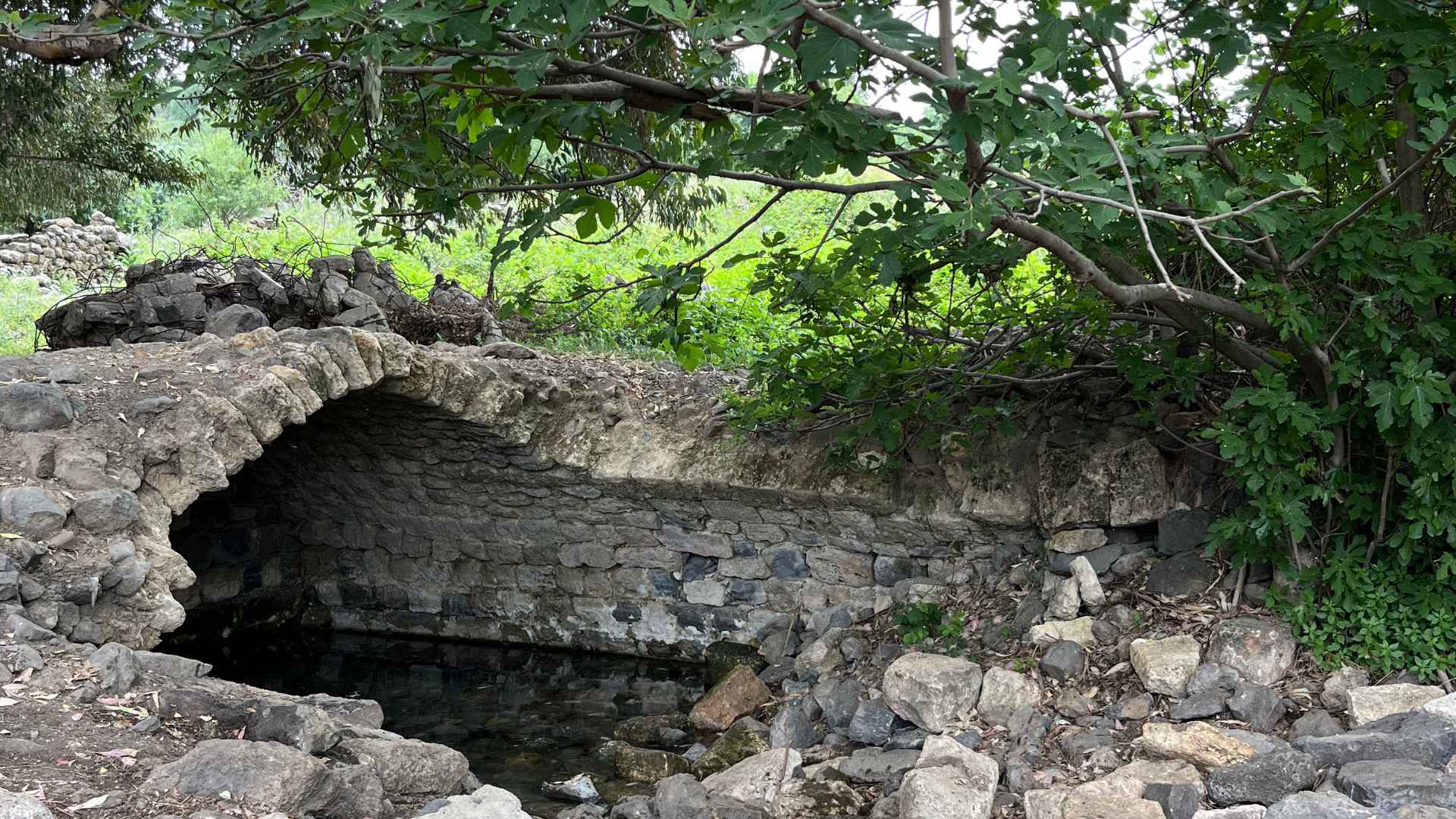Adam Teva V’Din submitted an appeal to the Supreme Court against the decision of a district court – in a petition filed by the local community – regarding the expansion of a highway serving the growing town of Kfar Saba. The most critical aspect is damage to an ecological corridor at a national level, which the road leading to the new district severely interrupts, and how this will impact on how the climate crisis is felt in Israel. As Israel’s environmental watchdog, we cannot allow this to happen.
What currently exists and what is the problem?
To understand why this is problematic, we must zoom out. Israel is a land bridge between three continents, which has resulted in Israel experiencing varied climate conditions, numerous ecosystems and rich biological diversity. The more we build, expand and develop, the more we risk cutting off these varied ecosystems and biological diversity by destroying our eco-corridors that are so vital in the age of climate crisis.
Kfar Saba is located in the center of Israel, at one of its narrowest points. To the west of Kfar Saba is Raanana (next to which is Herzliya and then the Mediterranean Sea) and to the east of Kfar Saba is the security fence of the West Bank. This strip of Israel measures roughly 10 miles (16 km) and is quite densely populated and already creates a bottleneck in the eco-corridor. Building a highway in place of the existing road will further damage the create further.
Israel’s Nature and Parks Authority, (the government agency charged with creating standards for identifying, mapping and preserving ecological corridors), clearly stated that at least 10-15 passages of at least 10 meters each must be a part of this new highway to enable both flora and fauna to safely cross from north to south of the eco-corridor.
What is an eco-corridor?
An ecological corridor is a linear stretch of habitat that connects fragmented landscapes which facilitate the movement of plants, insects, animals and ecological processes (such as photosynthesis, decomposition, and pollination) between different areas. This helps maintain biodiversity, allowing species to migrate, interact (increase their gene pool), and adapt to changing environmental conditions. Eco-corridors play a crucial role in supporting the overall health and resilience of ecosystems.
In the age of climate change, ecological corridors take on added significance at both a national and global level, serving as vital passageways for transit and migration towards the southern and northern regions. As Israel continues to heat up – faster than the global average – we need nature more than ever. Protecting our trees and plants for example, help to protect the clean air we breathe, shade and the natural cooling processes that plants provide. This is especially true as we continue to expand and create more urban heat islands.
The role of Adam Teva V’Din
Yael Dori, our Head of Planning stated, “This appeal is paramount to Israel’s preparedness for climate crisis.” Israel’s National Planning Authority is in the process of developing a national strategy for incorporating ecological corridors into planning systems. This is vital due to Israel being situated in a high-risk transition zone. The National Planning Authority must incorporate adaptation to threats of climate change on our urban areas, transportation, infrastructure, and biodiversity to current and planned construction at the national, regional and local planning levels.
Attorney Eli Ben Ari, explained, “The issue of ecological corridors has not been at the center of a legal proceeding to date. As this case deals with the fear of disconnecting the open and natural area between the north and south of the country, it is the right one to bring as a test case to the Supreme Court.”

“If we are successful,” he continued, “this case will serve as an important precedent in similar cases and will obligate all planning procedures to give adequate weight and interest to preserving ecological corridors.”
Ben Ari concluded, “Adam Teva V’Din works hard to advance Israel’s response to the climate crisis, and that measures to ensure climate resilience are integrated into Israel’s national planning system.”





